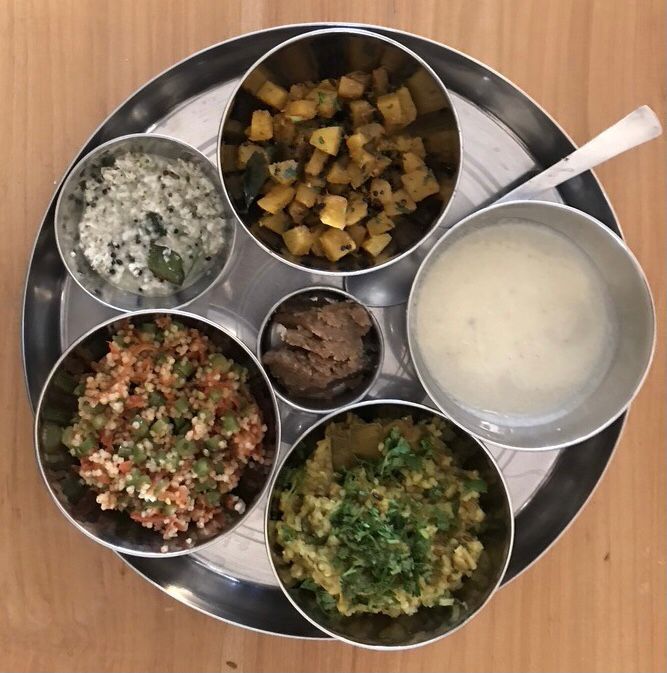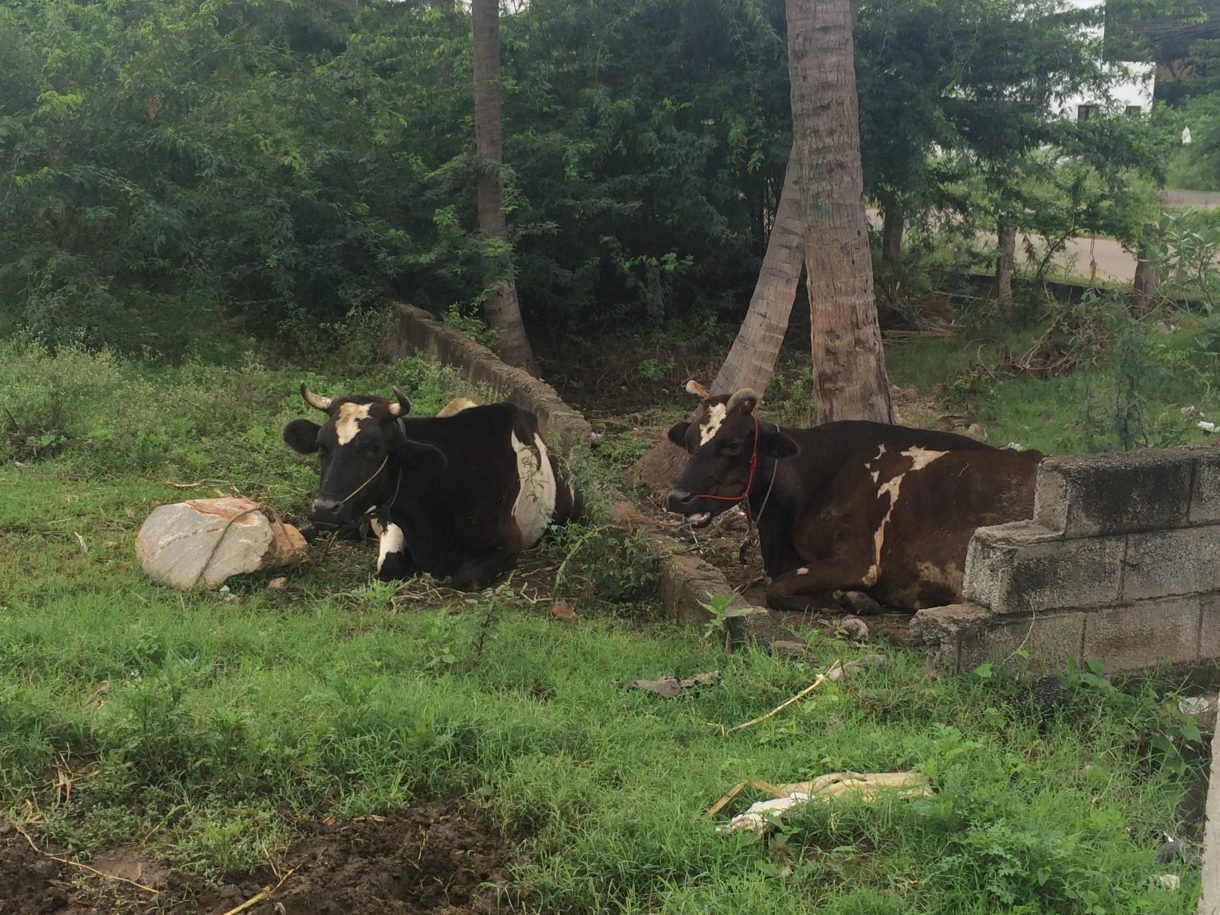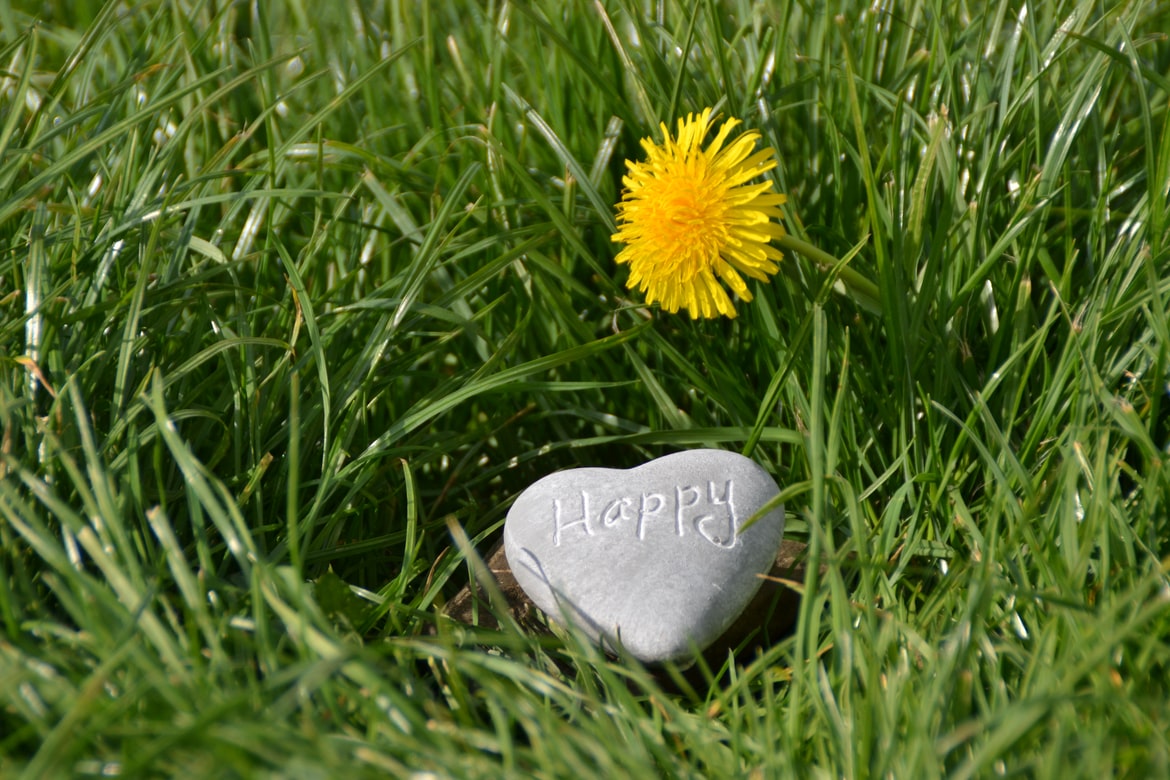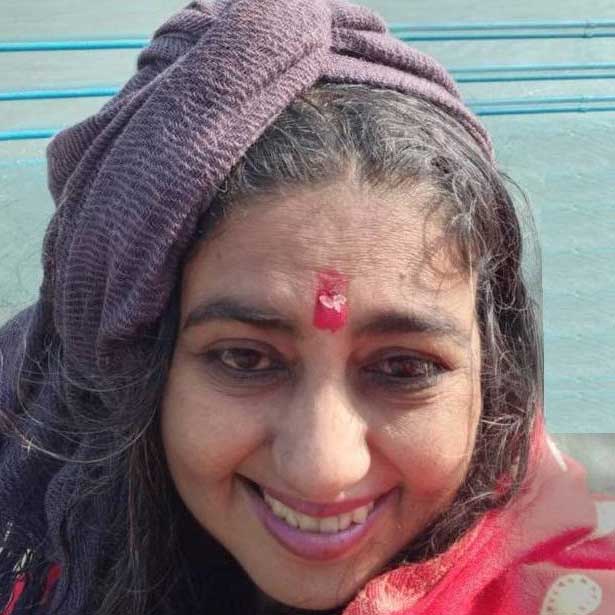
Religion, the disempowerment of India and her people
Have you ever thought that accumulating religious beliefs could bring about your downfall? Having lived in India for the last 2 decades I have found a culture that uses ‘god’ as an excuse for inaction where action might be more useful .
Here are some terms that have destroyed India over time:
- Karma means action not inaction. However, the word is used as e.g., ‘it’s my karma’ so there is nothing I can do about it. This way of thinking brings about disempowerment for it implies that there is nothing you can do about your situation. However, if we look at the Bhagavad Gita, the core teaching is ‘do your best and leave the best’. Furthermore, the word ‘karma’ means action. So would it not be better to adopt the latter viewpoint than the popular view of ‘nothing I can do about it’ cos karma is at work. I am not denying the doctrine of karma but I do believe that doing one’s best is paramount in life; ambition to reach one’s full potential is not a bad thing – it is the fire within us that helps us achieve and become happy. The word karma is helpful when we think ok, we have done our very best but now need to leave the result to the powers that be. The question is where do we stop to achieve our desired goal; I would say we find more and more ways of achieving what we want provided our desires are based on ahimsa which means nonviolence. There are infinite ways of trying our best but if we ‘give up’ early and rely on the karma doctrine we may block those infinite ways and rely on the doctrine for solace.
In fact, I do believe that the misinterpretation of the karma theory was one of the causes of the downfall of India. I suppose India gave up and let things be in the hands of ‘god’ so to speak. Where was the karma of action to fight for dharma, to fight for the nation? Dharma is the ultimate teaching of life and entrenched in this is ahimsa (nonviolence). Let us now look at these two words of dharma and ahimsa.
- Dharma is loosely translated as duty. Duty to your nation, to your people, to your environment and so forth. Where was dharma when it came to protect the nation -why did India get trampled over? Where was Dharma when it came to protecting the historical/spiritual heritage? In this context, dharma was about protecting the nation and it did not happen; had it happened the universal teachings of Yoga, Ayurveda as well as the ancient education system would be alive today.
- Ahimsa is the parama dharma, in other words the supreme duty and it translates as ‘respect’. Had we respected our fellow beings and our traditions, India would not be in the tatters it is today. India’s tradition was entrenched in ahimsa for ourselves, others, the greater environment and all that exists. Was ahimsa followed? No, it clearly was not. Ahimsa is not a passive state; it requires action where it is for the protection of dharma. Where dharma is protected dharma protects us. Dharma cannot protect us if we do not act in the interests of dharma.
- Kripa (grace/mercy) is a word that is commonly misused. Have you not hear people say that they are fine due to your kripa. What does this mean; one minute it is your grace and the next minute they stab you in the back; do you stab someone in the back who showers grace on you? Today someone said it to be; it is just an empty expression in my world view.
These are just a few words that get my back up; maybe because I never grew up in this culture. I am of Indian origin but born abroad; a lawyer, Ayurveda practitioner by profession as well as a truth seeker and a believer in transparency and honesty.
I would suggest that one is careful with the use of words that carry the enormity of the highest traditions of the world; think before you speak and stop stabbing people in the back when you are using such words. The purpose of the spiritual traditions of India is unity; not disharmony which is what is created when body, mind and spirit is in sync.
The Indian philosophies and the teachings of sanatana dharam are close to my heart as they are timeles, logical and apply across space. However, it is the usage of the associated terms that can be most unhelpful and in contradicition with the true teachings.










